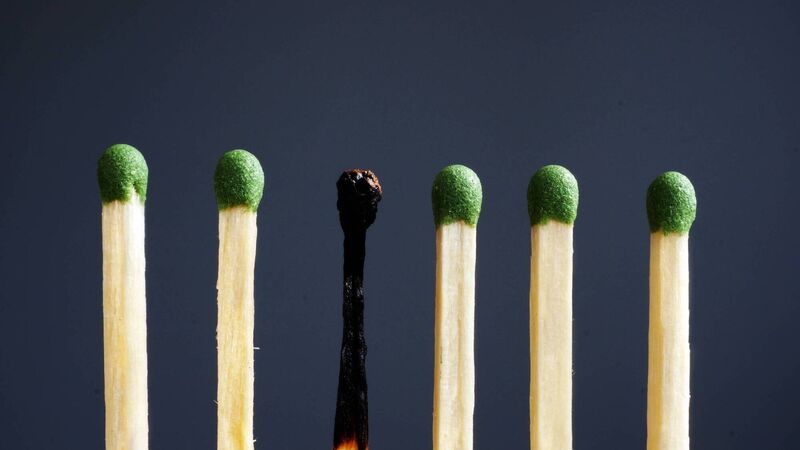Burnout: How to pull back from the brink of exhaustion

Recovering from burnout can be a long process.
Try from €1.50 / week
SUBSCRIBE
Recovering from burnout can be a long process.
Burnout was a transformational experience for 47-year-old Caroline Hughes. “It was tough at the time,” she says. “But looking back, it was the biggest gift of my life.”
A growing number of people suffer from burnout in Ireland. In October 2022, a Gallup poll of 12,000 workers in 12 countries revealed that Irish workers suffered most from the syndrome, with 30% reporting that they felt burnt out very often or always.
Already a subscriber? Sign in
You have reached your article limit.
Annual €130 €80
Best value
Monthly €12€6 / month
Introductory offers for new customers. Annual billed once for first year. Renews at €130. Monthly initial discount (first 3 months) billed monthly, then €12 a month. Ts&Cs apply.
CONNECT WITH US TODAY
Be the first to know the latest news and updates
Newsletter
The best food, health, entertainment and lifestyle content from the Irish Examiner, direct to your inbox.
Newsletter
The best food, health, entertainment and lifestyle content from the Irish Examiner, direct to your inbox.

Our team of experts are on hand to offer advice and answer your questions here
© Examiner Echo Group Limited